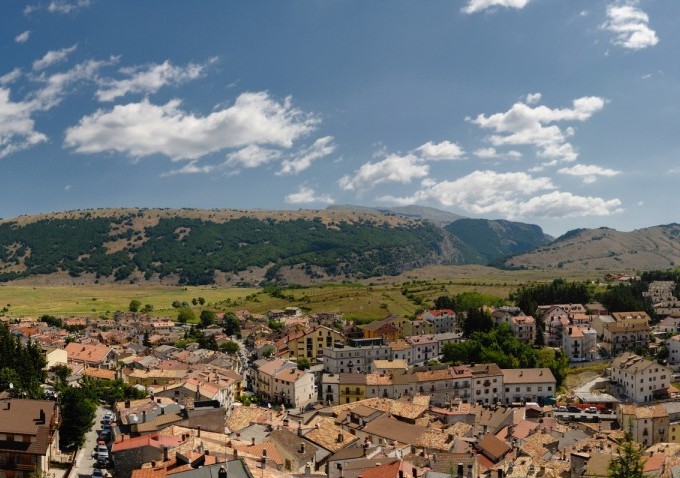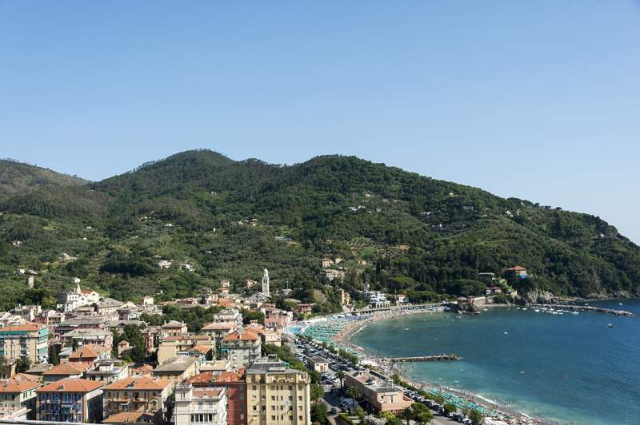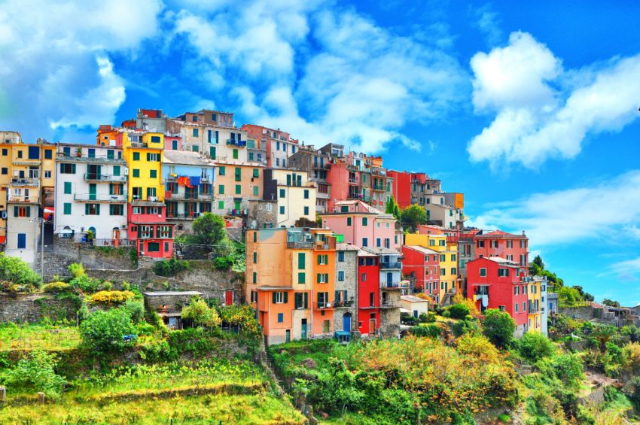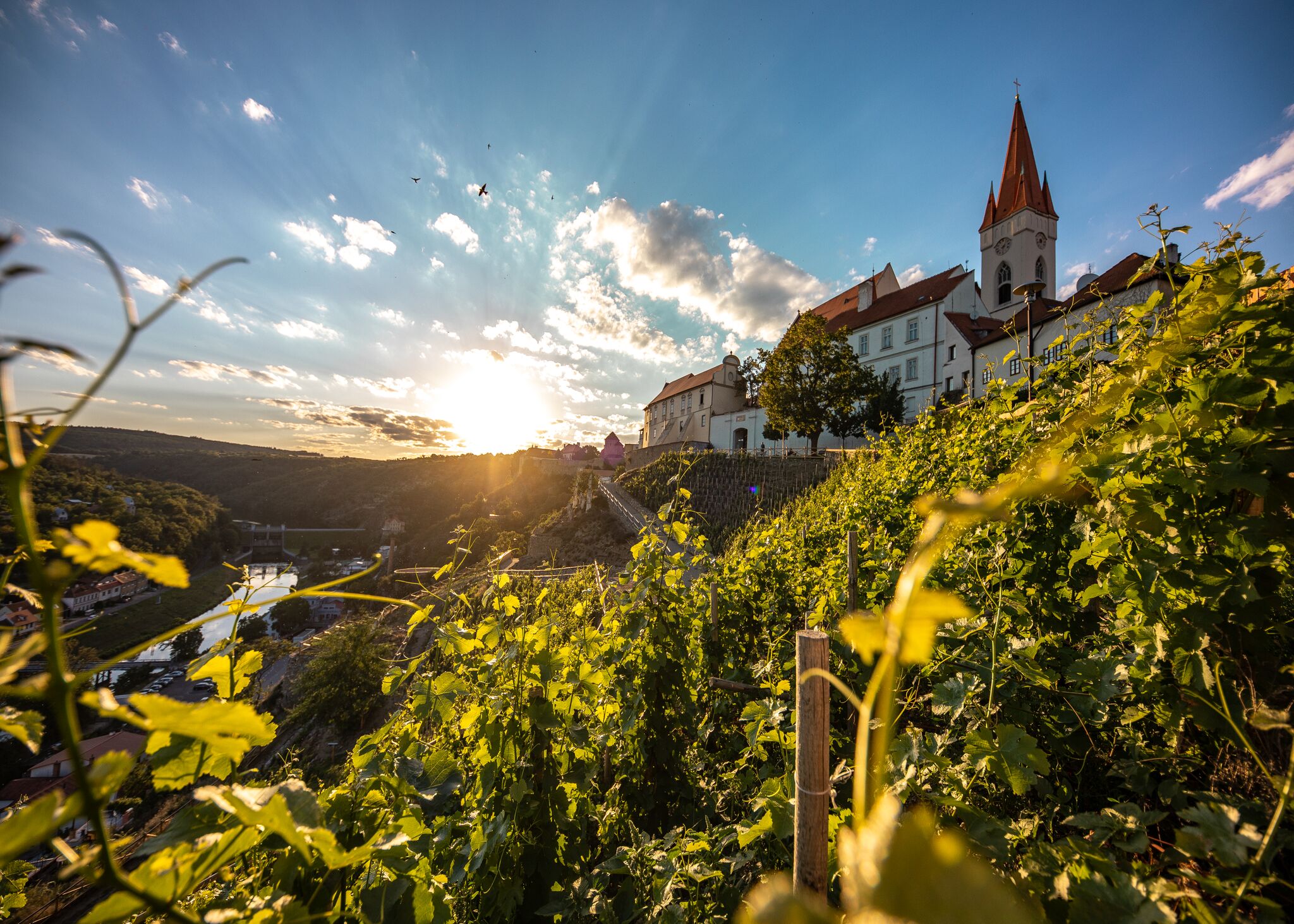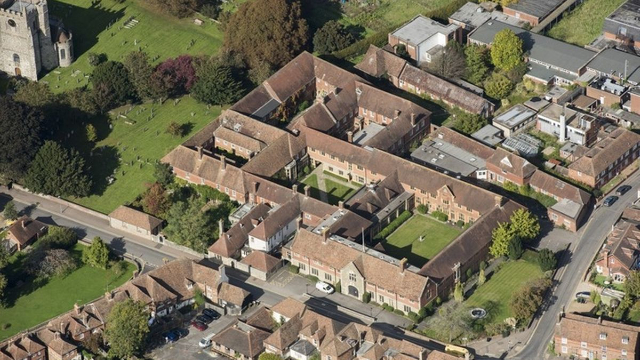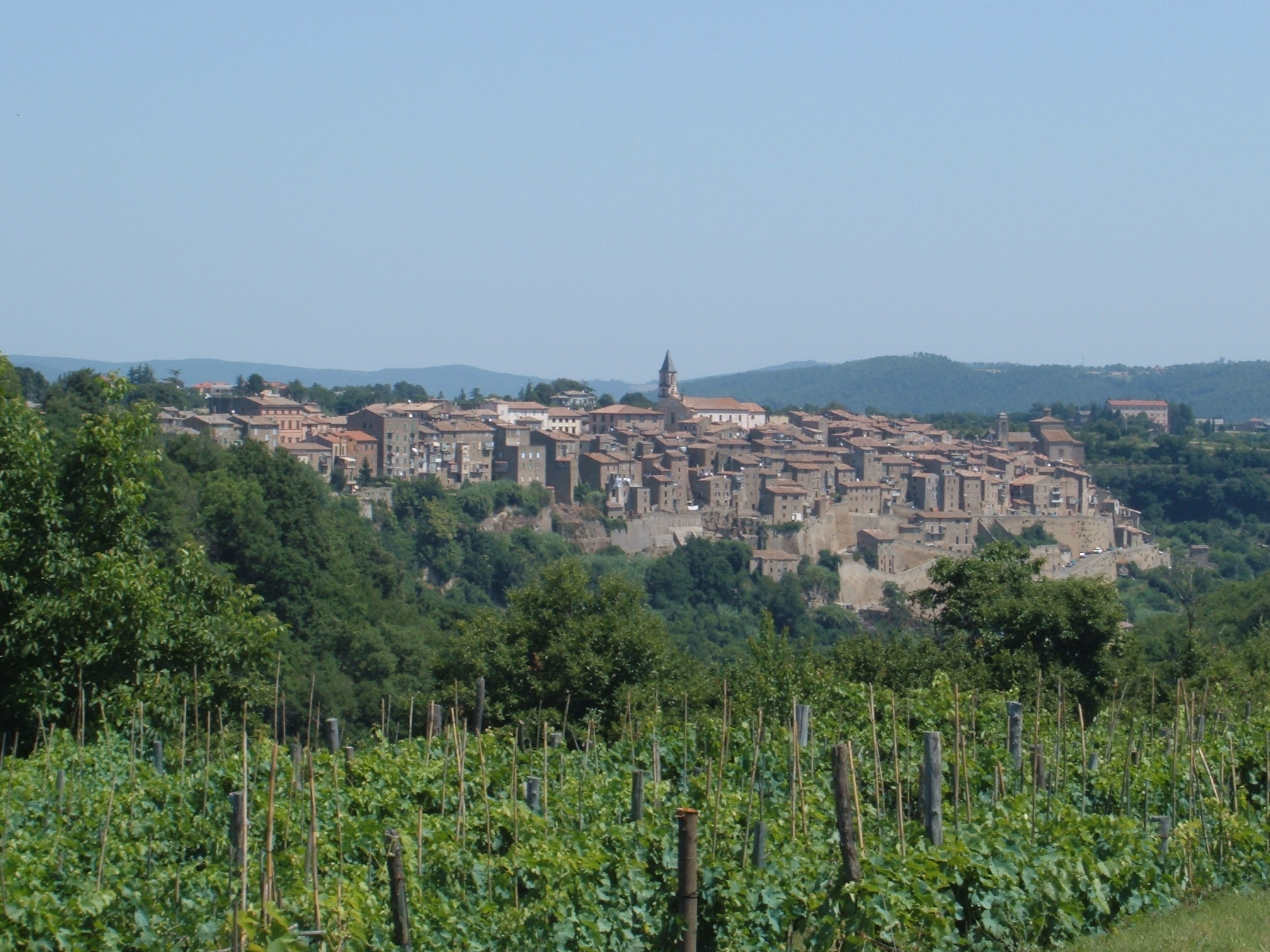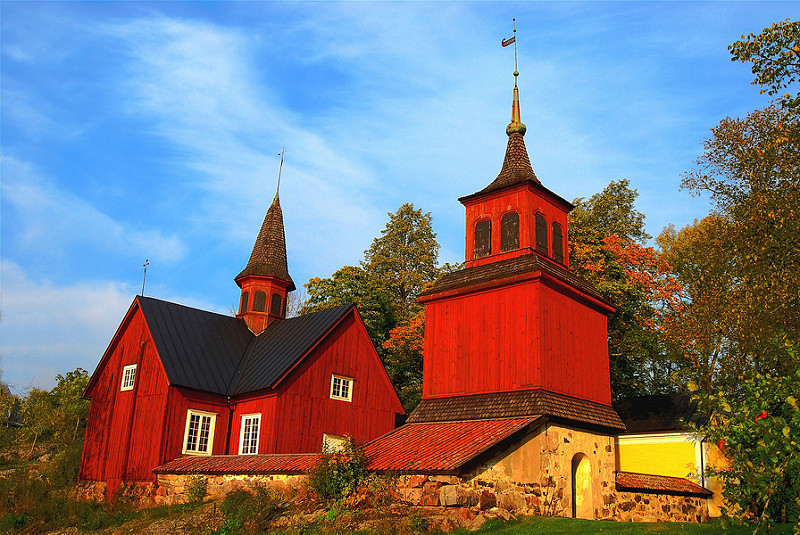Ovindoli (Dvinnërë in Abruzzo dialect) is a commune of about 1,200 inhabitants in the province of L’Aquila and is located at an altitude of 1375 meters above sea level. Ovindoli is the southern gateway to the Sirente-Velino plateau, which separates the Velino and Sirente massifs, inside the beautiful regional park of the same name. Regarding the etymology of the name, some opt for Obinolum, making it derive from Ovis for the primary pastoral activity since ancient times, or from Ovatio (Triumph) as the Marsi used to acclaim their triumphs among the mountains of Ovindola. Even if the origin of the toponym is uncertain, the popular motto is known and shared by all: dvinnr fatt a pnnei piu’ i rmir i più é bei. (Ovindoli made with a brush, the more you admire it, the more beautiful it seems). Historically, the driving force of Ovindoli’s economy was sheep farming until the sixties when Ovindoli developed summer tourism but above all winter tourism, with ski slopes on the side of Mount Magnola and becoming over the years one of the most attractive ski resorts in Italy, only 35 km from L’Aquila and 100 km from Rome and Pescara. The summer period emphasizes the peculiarities of this pleasant village of the central Apennines. Uncontaminated nature, high quality air, water and soil make Ovindoli a natural refuge for tourists from the nearby cities: Rome, Naples, Perugia, Florence, but also Bari and Lecce. Walking peacefully among the meadows and the woods, using the bike or the horse to move freely for example to reach Val D’Arano, considered one of the most beautiful valleys of the Centre-South. But Ovindoli is to live also in spring and autumn, periods in which you can appreciate the tranquility and genuineness of the place with walks on foot or on horseback, in search of berries or fine varieties of mushrooms and truffles, admire the beauty and variety of flora and fauna, soul and engine of the areas of Abruzzo and discover the remains of Roman and medieval civilizations, well preserved especially in the villages of S. Potito and Santa Jona.
